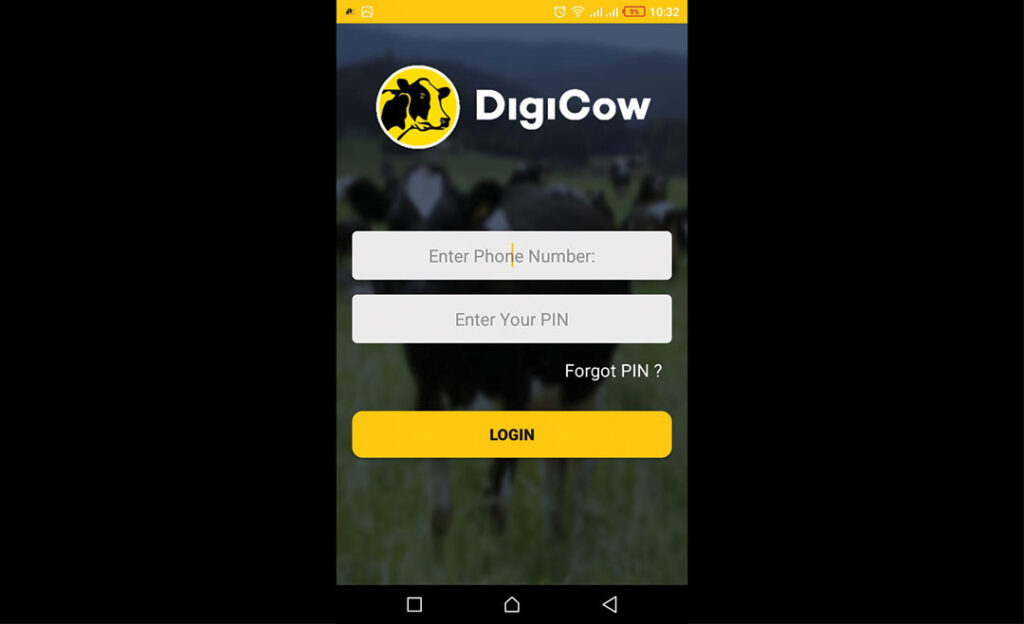VOICE OF AMERICA
Kenyan innovators are betting on digital technologies to attract young people to an agriculture industry that is dominated by an aging population.
As a young girl in central Kenya, Peninah Wanja witnessed firsthand the challenge of raising cattle without professional help. Her mother’s cows produced only 2 cups of milk per day. Today, Wanja is an agricultural extension officer and has seen how gaps in information have made farmers continue to rely on trial and error in growing crops and raising livestock.
“It’s a gap that I saw, because when you look at the statistics and the nature that is on the ground, our government has provided one extension officer for close to 4,000 farmers,” she said. “So there is actually a need for these critical services.”
Wanja came up with DigiCow, a mobile phone application that offers expert advice to farmers and lets them keep up-to-date records on their cows.
Stanley Kamau was among the early users of the app. Now, after about a year of using it, he talks of increased milk yields, healthier herds and a well-organized farm.
“They got a platform on the app, where for example, during the time for mating, you keep your records,” he said. “Then you get to know when your cow will calf down.”
Eighty percent of Kenya’s working-age population works in agriculture, and most are small-scale farmers, according to the World Bank. DigiCow is an example of how technology can bridge the knowledge gaps in the farming sector, while at the same time ensuring food security. It is also a way of encouraging Kenya’s unemployed youth to take up farming.
To deal with issues of illiteracy, DigiCow has a voice-based service, which Wanja says has helped older farmers.

